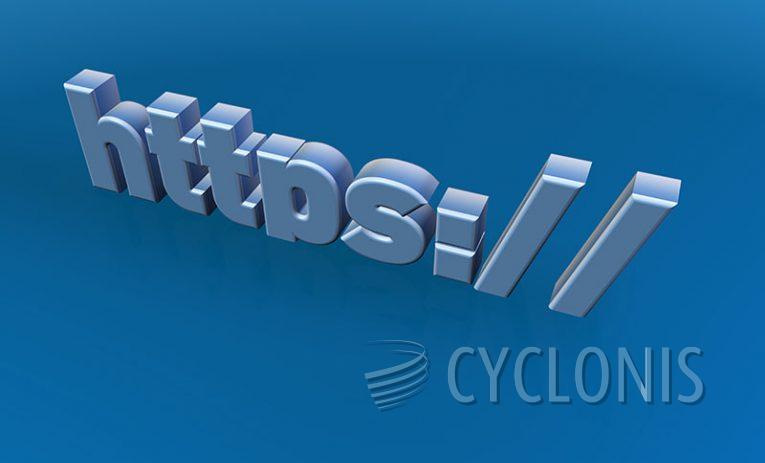Wikipedtoday.com Spreads Potentially Unwanted Extensions

In the vast landscape of the internet, certain websites pose a threat to unsuspecting users, and Wikipedtoday.com is a prime example of such a troublesome site. Its primary function is to display deceptive messages that coax users into downloading questionable browser extensions, leading to disruptive and compromising consequences for those who fall victim to these prompts.
Once these extensions are installed, they commonly flood browsers with unwanted advertisements, causing disruptions in the user's online experience. Additionally, they may make changes to critical browser settings, sometimes without the user's knowledge. However, the concerns don't stop there. These extensions often possess the ability to monitor and record user data, putting personal and private information at risk. Such actions can have immediate and long-term implications for both security and privacy.
Similar issues should be addressed quickly. If you have these extensions, it is crucial to remove them promptly. Notably, if you observe your browser redirecting to suspicious websites like Wikipedtoday.com, it is a strong indicator that a potentially unwanted application (PUA) may already be operating on your device. Below, you will find information on how to address this scam and remove potentially unwanted software from your system.
Why Do Misleading Sites Attempt to Spoof Association With Household Names?
Misleading sites attempt to spoof associations with household names for a variety of strategic reasons:
- Credibility and Trust: Household names are well-known and trusted by the general public. Misleading sites aim to exploit this trust to appear legitimate and credible in the eyes of their visitors. Users are more likely to engage with a site that appears to be affiliated with a well-known brand.
- Deception: Misleading sites often operate with deceptive or fraudulent intentions. They impersonate established brands to deceive users into taking actions they wouldn't otherwise perform, such as making purchases, providing personal information, or clicking on links that lead to scams.
- Attracting Traffic: Associating with a household name can attract a higher volume of web traffic. People are more likely to visit a site that seems related to a reputable brand, which increases the misleading site's chances of achieving its objectives, whether that's driving ad revenue, spreading malware, or perpetrating fraud.
- Evasion of Detection: Misleading sites sometimes use well-known brand names to bypass website filters and security measures. Many web filtering systems whitelist popular brands, allowing spoofed sites to go unnoticed initially.
- Improved Conversion Rates: When users believe they are interacting with a trusted brand, they may be more inclined to complete actions desired by the misleading site, such as making purchases or subscribing to services.
- Legitimacy Perception: Users may perceive a site that appears affiliated with a household name as legitimate, even if the site's actual content or offerings are dubious or fraudulent.








